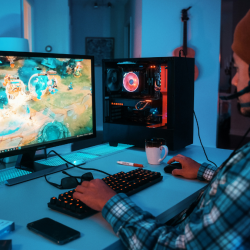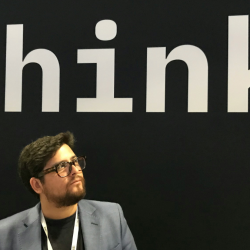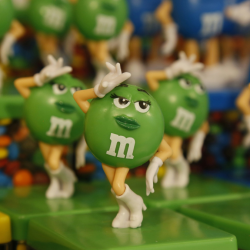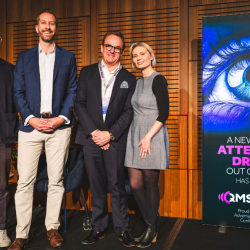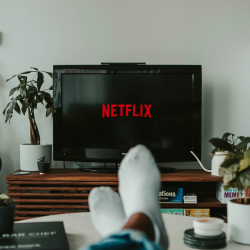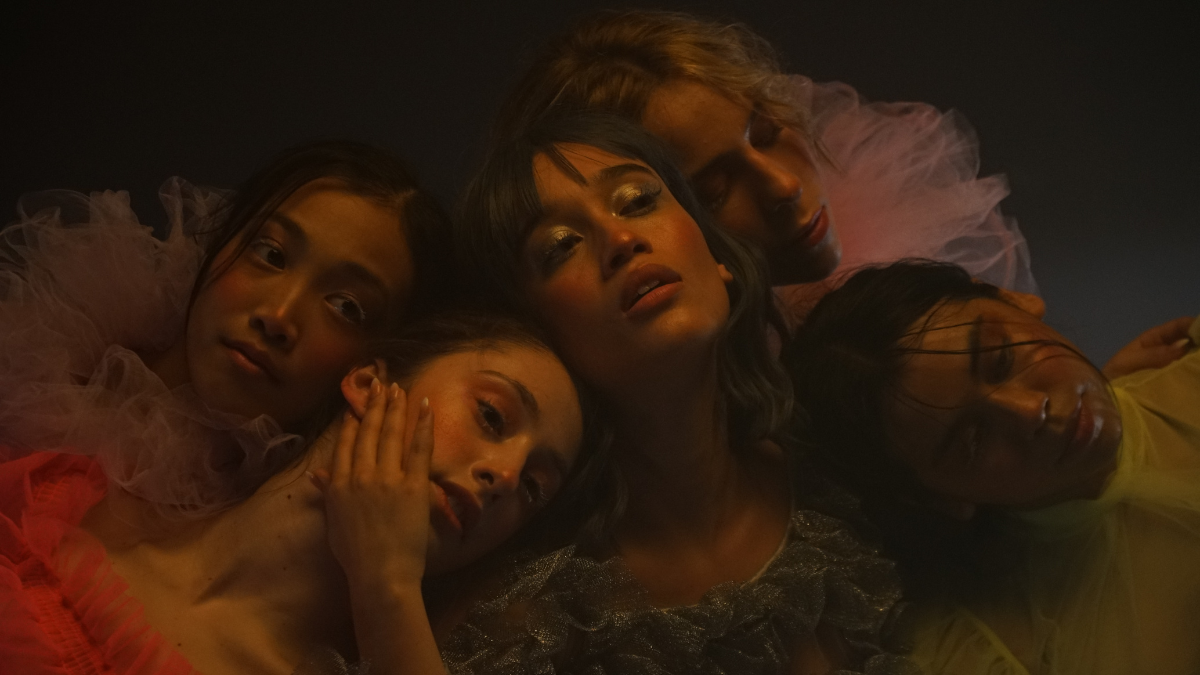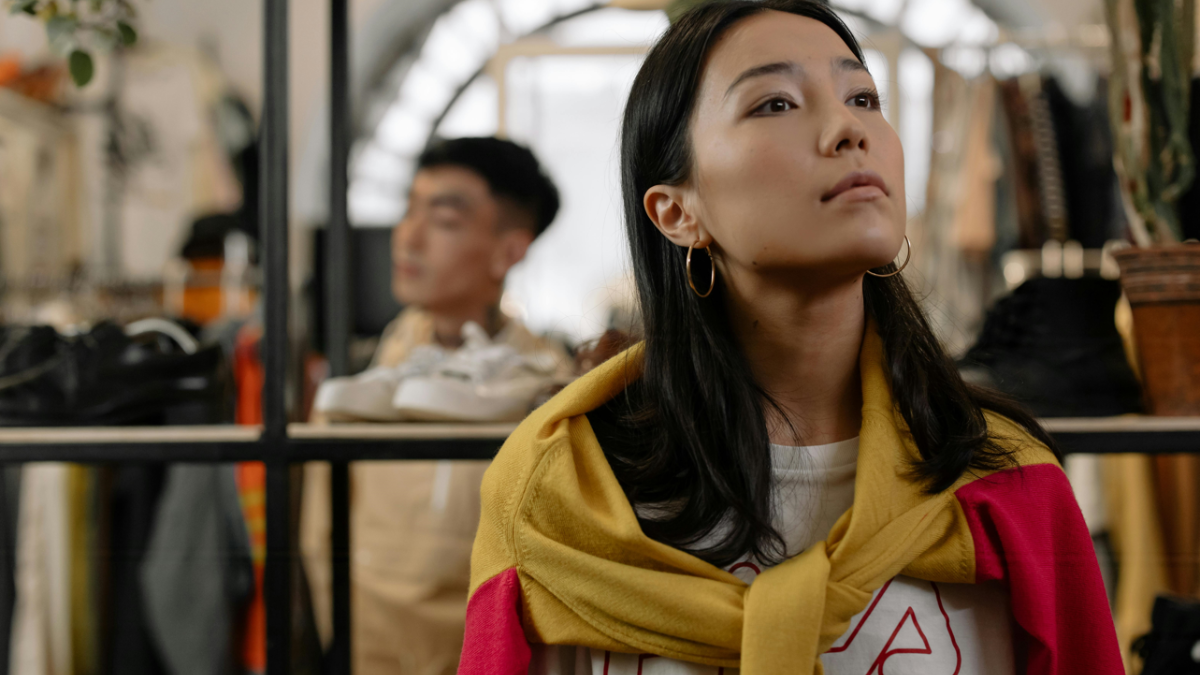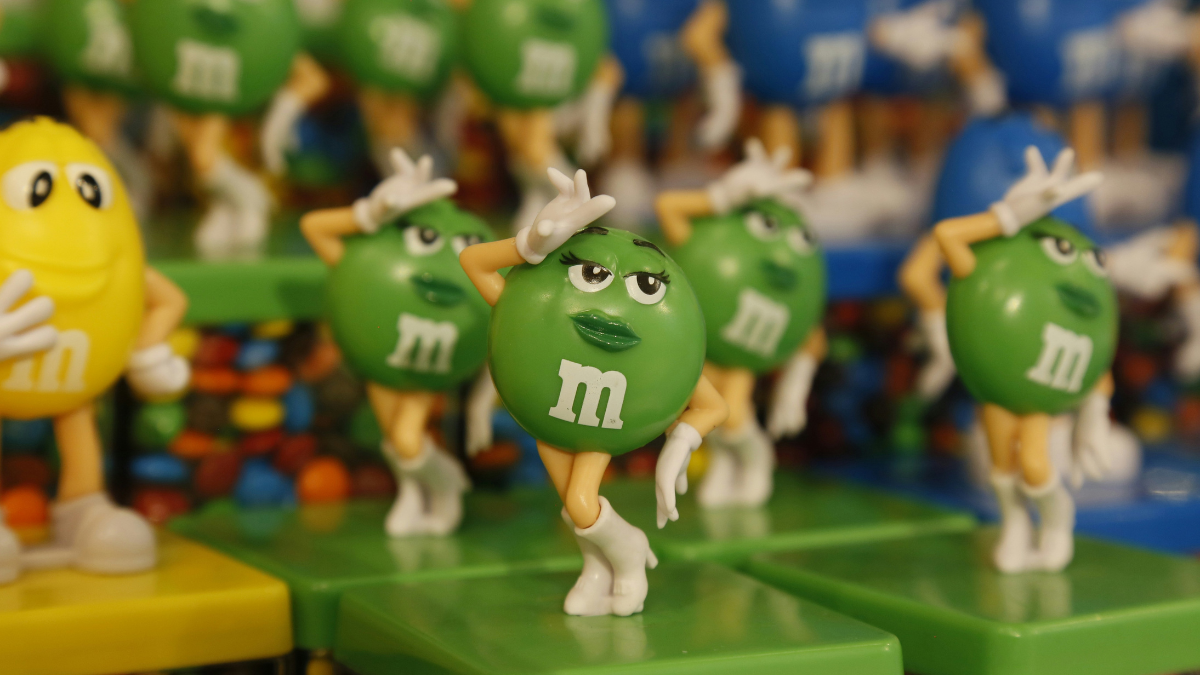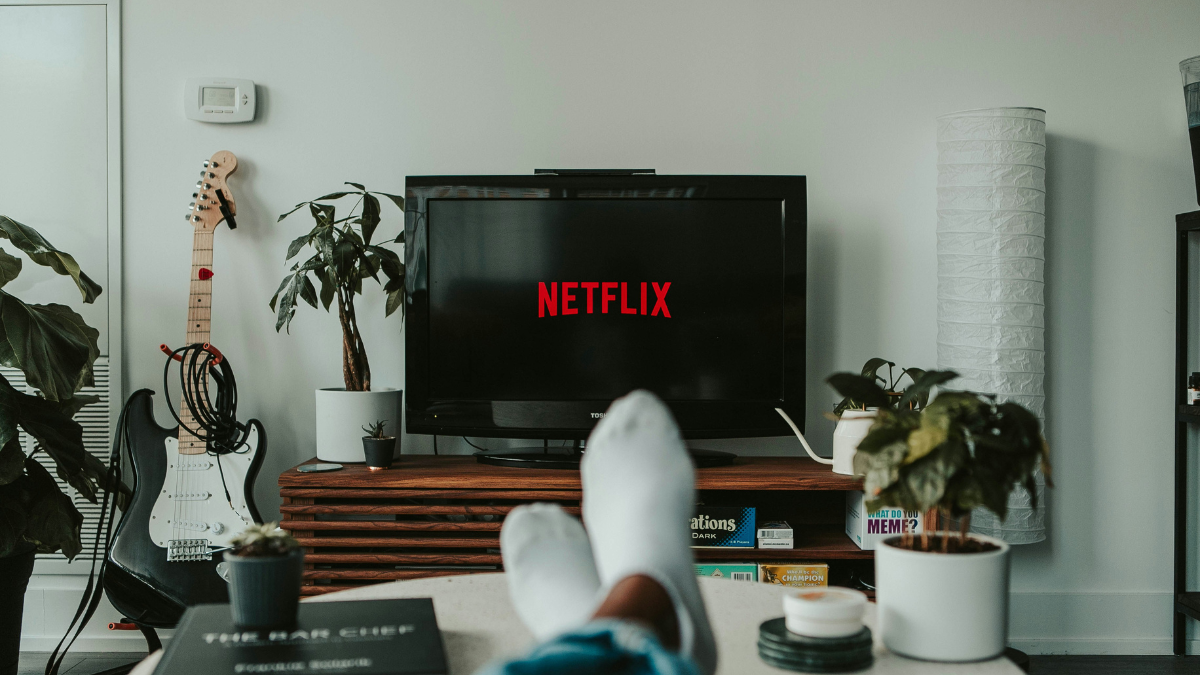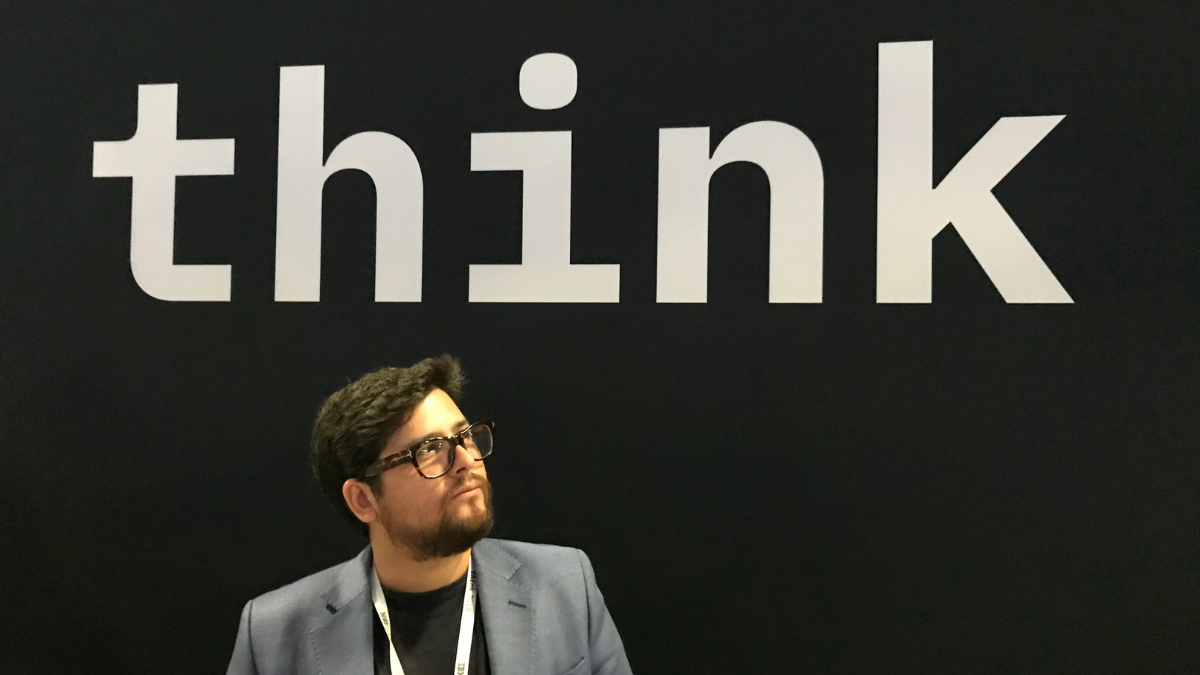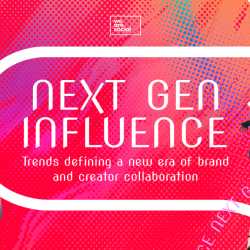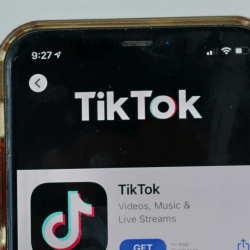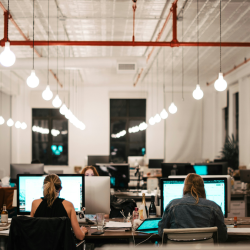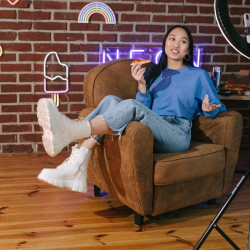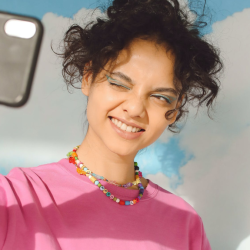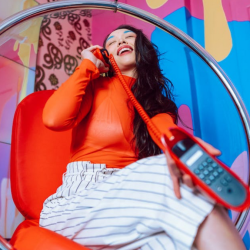After years of telling you what to buy, content creators and regular consumers on TikTok have decided to flip the script and tell you what not to buy — and they’re calling it de-influencing.
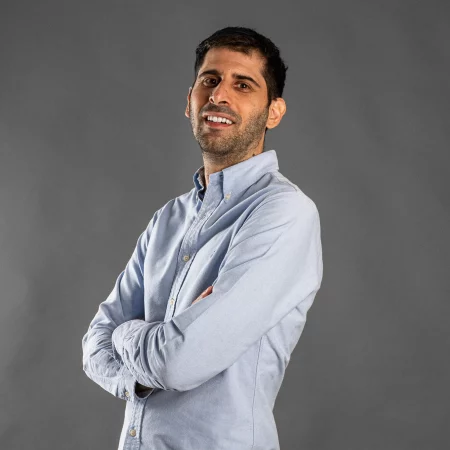
In this interview MediaCat Magazine’s Content Editor Andrea Buzzi, chats to We Are Social’s Media & Distribution Director Andrea Lombardi, about the new trend, its origin, and its future.
The new TikTok trend aims to get us to rethink what we buy. De-influencing hashtag gained more than 180 million views. What is it about? When was it born and what does it depend on?
De-influencing is a very recent trend. Or, better said, is a new trend in its actual shape. The truth is that’s something that began in 2020 (or even before) when an American girl started posting a few videos talking about the most returned products in the beauty retail she used to work for. The year after, in 2021, a beauty influencer posted on TikTok content related to the Chanel advent calendar. She was describing an extremely expensive product ($800) that included very not so much expensive surprises. The video gained power when the luxury fashion brand replied to the charge saying that in the future the company would have been more careful in offering that kind of product.
Anyway, de-influencing is taking hold and spreading this year, and in my opinion, there are two factors that are fuelling the new phenomenon:
- The consumer fatigue caused by overconsumption. Social media trends are extremely fast and force users to cope with the latest must-haves, not only in terms of time but also in terms of money
- The undeniable influencers’ overexposure to paid collaboration. It involves a loss of credibility. The de-influencer power, instead, is to declare itself ‘neutral’ to whatever products and collaborations. And it makes them authentic
‘De-influencing is just as manipulative as any other social media performance. It is instead a sign of economic anxiety.’ Is it something intended to last for a long time or is it just temporary? How will it change the social commerce environment?
The influencer marketing industry, more than other communication industries, is the most connected to the social-cultural background. It evolves with the culture changes in terms of topics, languages, ways to communicate. Today, we find ourselves in a situation of economic recession, and de-influencing turns into a related reaction. It is no coincidence that de-influencing has deeper roots but yet it takes on more visibility now: media are so much interested in it because the phenomenon perfectly describes what we’re living in nowadays.
What is going to change? It’s probably too soon for predictions. But I believe de-influencing will return a greater sensitivity to what influencers promote.
In 2021, We Are Social launched the annual report Think Forward, which focused on reliable idols: the pandemic generated so many uncertainties and made people ask influencers to be more — in fact — reliable idols. I think influencers will take a step back and opt for collaborations more suitable for them.
The ‘don’t buy this, buy that instead’ mentality isn’t so much de-influencing as it is re-influencing. Is it true? What’s the actual difference between influencing and de-influencing?
De-influencers advise us on different products but they’re doing it with no economic reward. That’s the point. And that’s what makes them authentic. I like to compare it to the Amazon bad reviews. It is a completely acceptable trend, as long as it won’t include unfair practices in terms of advertising code. I think brands are now studying the phenomenon and they’re trying to understand how many insights they could get from a de-influencer. Probably they can use it for honest feedback.
We can find similarities in another TikTok trend: the dupe, or doop. Dupe is a shortened version of the word ‘duplicate,’ and is often used to refer to a product that is very similar to a product from a popular brand, but cheaper. On TikTok, it has become a trend to pick up random items and joke that they are dupes for bigger brands, by saying the brand name, and then ‘dupe.’
Publications including Today, CNN, and Huffington Post, to name a few, have piled on to declare influencers over and social commerce dead. Do they still work in Italy?
In Italy influencing marketing is a growing industry, in fact, as shown by We Are Social Digital Report 2023, the brands’ spending amount on influencing activities is raising more than the one for other digital activities. Also, when people are asked what profiles they follow on social media, they would put friends and family first place. But second, third, fourth places are for all sorts of influencers.
Anyway, Italian TV and newspapers are starting to show interest in de-influencing. The influencer marketing field has always been considered a fleeting world, and media do not hesitate to diminish it when they can. In this case, with a trend against the trend.
For me, it is just a growing trend. I don’t know how effective it’ll be, but I hope it could provide a better self-regulation.
Also, it’s worth to mention that we’re talking about a quiet subjective trend. De-influencer’s aim is not to uncover a fraud — as you read in magazines or newspaper —, they weren’t born for that reason. They usually recommend you a cheaper product with the same effect of the more expensive one. And it is a recommendation based on personal taste.
Nowadays, more people (especially GenZ) value authenticity and being ‘real’. Will we really stop believing in influencers?
We won’t stop working with influencers, but we’ll look for different ones. For instance, influencers with a smaller community and with a more authentic and honest connection. Someone closed to the product and we can consider a trust resource. Now we’re calling them creators. They’re influencers with an additional skill: create content that provide real glow to the community.
Featured image: JayBerrytech / Pexels

